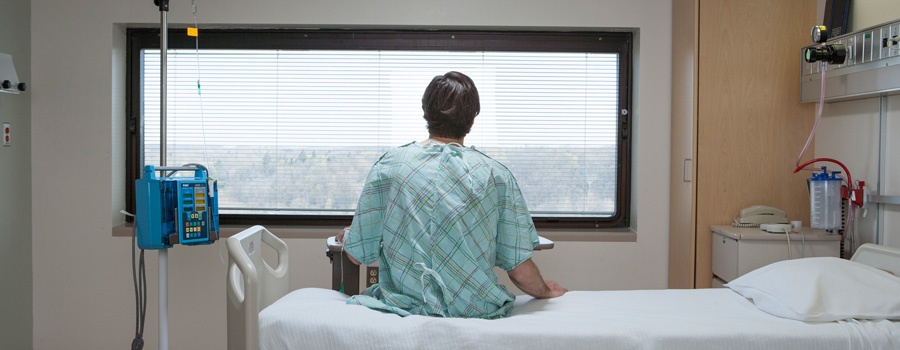Tag: Medicare
-

Medical Association Joins 132 Medical Groups to Oppose H.R. 2276
The inclusion of audiologists in Medicare’s definition of “physician” will create confusion. In May, legislation (H.R. 2276) was reintroduced in the U.S. House of Representatives that would inappropriately provide audiologists with unlimited direct access to Medicare patients without a physician referral and amend Title XVIII of the Social Security Act to include audiologists in the…
-

Free AQAF Assistance: Transition to MACRA’s Quality Payment Program
The Alabama Quality Assurance Foundation (AQAF), located in Birmingham, is a nonprofit consulting firm providing quality improvement assistance to the health care provider market through contract arrangements. Part of AQAF’s contract with CMS is to provide training to clinicians on the Medicare Access and CHIP Reauthorization Act (MACRA), the Merit-based Incentive Payment System (MIPS) or an…
-

New Video Shows Physicians How to Avoid Medicare Payment Penalties
The Quality Payment Program (QPP) is the new physician payment system created by MACRA and is administered by the Centers for Medicare and Medicaid Services (CMS). Because the QPP is new this year, the Medical Association of the State of Alabama and the AMA want to make sure physicians know what they have to do…
-

CMS Proposes 2018 Payment and Policy Updates for the Physician Fee Schedule
The Centers for Medicare & Medicaid Services issued a proposed rule that would update Medicare payment and policies for doctors and other clinicians who treat Medicare patients in the calendar year 2018. The proposed rule is one of several Medicare payment rules for CY 2018 that reflect a broader strategy to relieve regulatory burdens for…
-

CMS Updates Proposed Rule for MACRA; Eases Burden for Some Physicians
The Centers for Medicare & Medicaid Services has unveiled a 1,058-page proposed rule updating the Medicare physician payment system implemented under the Medicare Access and CHIP Reauthorization Act of 2015 with changes to make it easier for small independent and rural practices to participate. The proposed rule would make changes in the second year of…
-

A Refresher in the Medicare Claims Appeals Process…
With the increased audit activity we are seeing among the alphabet soup of Medicare contractors – RACs, ZPICs, SMRCs, CERTs, etc. – now appears to be a good time for a refresher on the Medicare claims appeals process. Due to this increased audit activity, more and more claims are being denied, both under pre-payment review…
-
Opinion: All Americans Need Access to Affordable, Quality Care
Editorial contributed by John Meigs Jr., M.D., president of the American Academy of Family Physicians, member of the Medical Association Board of Censors, and a family physician in Centreville, Ala. Editorial reprinted by permission. Since Election Day, health care analysts have tried to forecast the fate of our health care system. Much remains uncertain, but…
-

Medicare Releases 2017 Physician Fee Schedule Final Rule
The Centers for Medicare and Medicaid Services released its final rule for its 2017 physician fee schedule payment policies, which updates payment policies and payment rates for services provided under the Medicare Physician Fee Schedule (PFS) starting Jan 1, 2017. The 1,400-page 2017 final rule discusses changes to a number of new policies that reflect…
-

2017 Chronic Care Management Changes and Outsourcing Chronic Care
Medicare’s shift towards value-based care means the traditional model of health care reimbursement has just had a major shakeup. With value-based care, providers’ payments are now based on the value of care physicians deliver to patients and their health outcomes. Patients with chronic conditions often require greater care outside of the office. Beginning Jan. 1,…
-

Death vs. Another Hospital Stay: Study Suggests Medicare Should Weigh Them Equally
ANN ARBOR — In the last few years, American hospitals have focused like hawks on how to keep patients from coming back within a few weeks of getting out. Driven by new Medicare penalties for such events, the effort has slowed a ‘revolving door’ of readmissions for heart attack, heart failure and pneumonia patients that…